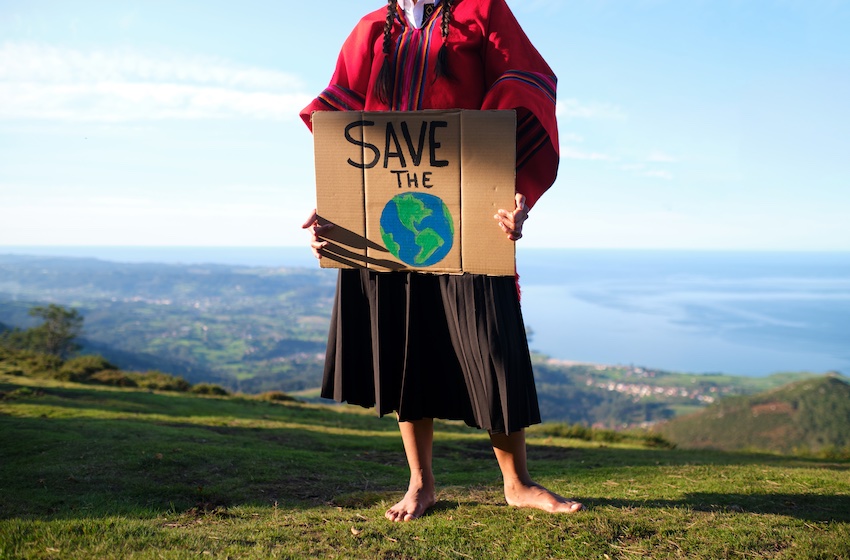Beyond Profit: The Human Cost of Mining on Indigenous Communities

A recent study conducted by the Institute of Environmental Science and Technology of the Universitat Autònoma de Barcelona, in collaboration with nine other universities worldwide, has revealed the extent of violations of Indigenous peoples’ rights by extractive industries, particularly mining. Published in the journal Science Advances, this study is the most comprehensive quantitative analysis of its kind, based on a decade’s worth of data from the Environmental Justice Atlas (EJAtlas), which documents socio-environmental conflicts globally.
The study’s findings indicate that despite Indigenous peoples comprising only 6.2% of the global population and being custodians of approximately a quarter of the world’s land, they are directly affected by at least 34% of documented environmental conflicts arising from extractive and industrial projects. Over 740 different Indigenous groups, representing at least 15% of the approximately 5,000 groups worldwide, are impacted, with the EJAtlas dataset highlighting the Quechua, Mapuche, Gond, Aymara, Nahua, Ijaw, Munda, Kichwa, Guarani, and Karen communities as the most affected.
Mining emerges as the most prominent sector causing conflicts, accounting for 24.7% of cases, followed by fossil fuels (20.8%), agriculture, forestry, fishing, and livestock (17.5%), and construction and exploitation of hydraulic dams (15.2%). The research identifies landscape losses (56% of cases), livelihood losses (52%), and land dispossession (50%) as the most prevalent impacts globally. Within the agriculture, forestry, fisheries, and livestock sectors, deforestation (74% of cases), land dispossession (74%), livelihood loss (69%), and biodiversity loss (69%) were the primary consequences.
The study underscores that Indigenous rights violations associated with extractive operations are significant and highlights the importance of international instruments like the International Labour Organisation’s Convention C169 on Indigenous Peoples and the United Nations Declaration on the Rights of Indigenous Peoples. However, the researchers argue that the current levels of ratification, implementation, and monitoring of these instruments are inadequate in ensuring the protection of Indigenous rights.
Therefore, the researchers call for governments to take concrete actions to promote Indigenous rights and environmental justice, including implementing measures that ensure compliance with existing conventions and safeguarding land rights. They propose a zero-tolerance policy towards violations of Indigenous rights by companies and suggest that trade agreements should be conditional upon compliance with the responsibilities outlined in the UN Declaration.




